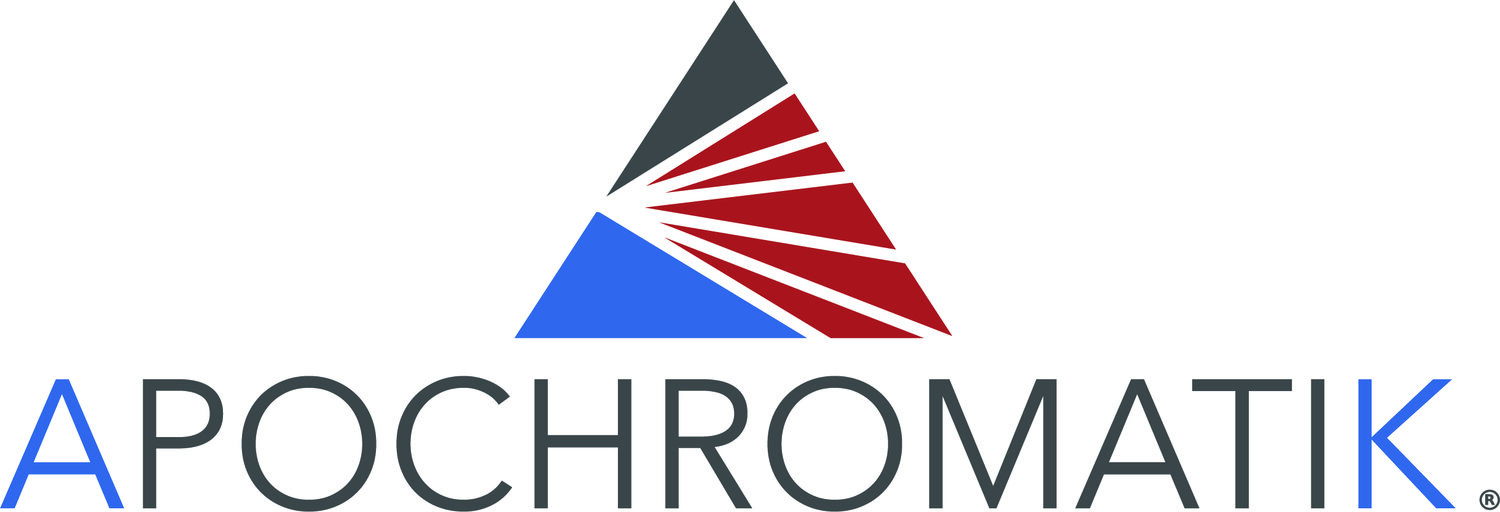The Apochromatik Guide to Mentoring: Part IV – How do You Know Whether You’re Ready to be a Mentor?
—Amy M. Gardner
January is National Mentoring Month, so we’ve been focusing on mentoring here on the Apochromatik blog.
We’ve addressed differences between sponsors, mentors, coaches, and friends , mentor and mentee expectations, and the one thing you must do to make the most of a formal mentoring program. Tomorrow we will cover the three types of mentors that every professional needs to succeed. If as you read this, you realize you’re missing one or more of these three essential mentor types, know that you’re not alone, and download the free Apochromatik Mentor Finder tool by joining the Apochromatik email list to get a jumpstart.
But today we are addressing a question we’ve been asked many times: How do you know whether you’re ready to be a mentor?
Here are three tips to help you decide whether to start mentoring someone else, either by signing up for a formal mentoring program as we addressed Monday [link] or through an intentional but informal effort. (Side note: If you’re looking for a formal mentoring program, your alma mater is a great place to start. Many of them have programs pairing alumni and current students based on specific affinities or majors, while others have general programs that anyone can join.)
First, ask yourself why you are considering this question, and whether those are the types of motivations you want to act on. “I want to help someone else in their growth or development, and know that it will help me as well” is very different from “my employer just introduced a mentoring program and I need some brownie points with my boss. If I sign up, even if I never show up, it can help me succeed.”
Second, are you able to take the kind of intentional actions we described last week to develop the type of deep and lasting mentoring relationship most likely to make a real difference in a mentee’s career? Fortunately, none of them are complicated or hard, but having an honest look at whether you can do the things you need to do to be a good mentor is an important step.
Third, do you have time to be a mentor? We’ve all been there – you decide to do something, and end up getting overextended and burned out. Instead, be realistic. Do you have time to get together with a mentee for an hour or two every month?
That’s it: Being a mentor doesn’t take more than that. As Maya Angelou explained:
“In order to be a mentor, and an effective one, one must care. You must care.
You don’t have to know how many square miles are in Idaho, you don’t need to know what is the chemical makeup of chemistry, or of blood or water.
Know what you know and care about the person, care about what you know and care about the person you’re sharing with.”
— Maya Angelou
So the real answer to whether you are ready to be a mentor is that if you’re reading this post, you almost certainly are. You don’t have to be an expert in your field, you don’t have to be perfect every day – you just need to “Know what you know and care about the person, care about what you know and care about the person you’re sharing with.”
Do you have specific questions about being a mentor? Ask the in the comments. And be sure to come back tomorrow when we wrap up National Mentoring Month with the three types of mentors every professional needs to succeed. And don’t forget to download the free Apochromatik Mentor Finder tool by joining the Apochromatik email list in the sidebar of this post.

